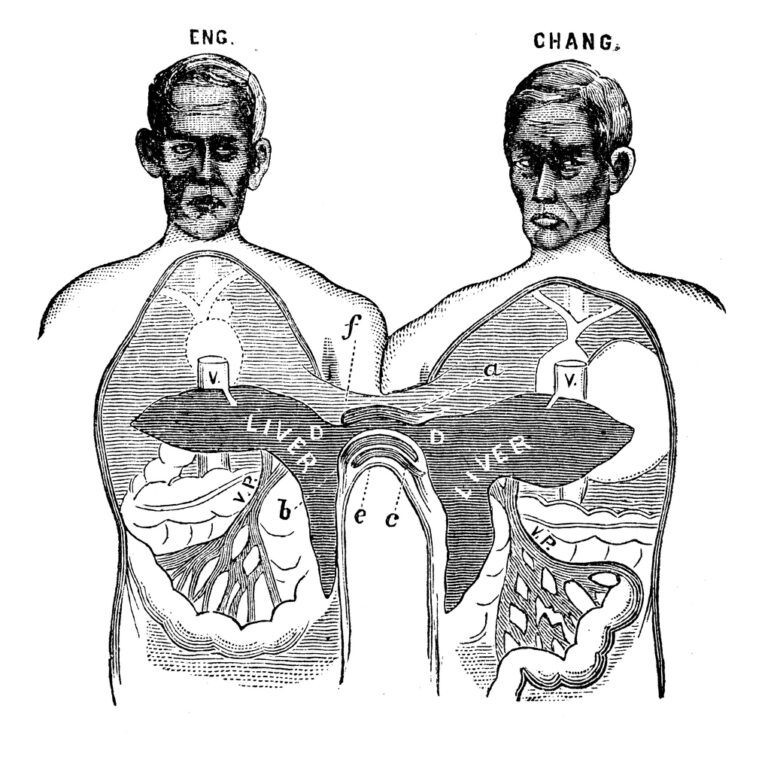In the first he was the “Blade Runner”, the multiple Paralympic gold medallist with carbon-fibre prosthetic legs who also took on the best in the 2012 London Olympics.
In the second he was the man who murdered his 29-year-old girlfriend Reeva Steenkamp – a model and promising law graduate – by shooting her through the door of a bathroom in his Pretoria home.
Now, he is back in the spotlight as he has been granted parole more than 10 years after the killing . He will get to leave prison on Jan. 5 next year.
Pistorius, who was born without fibulas and had both legs amputated below the knees before his first birthday, was once seen as the embodiment of human triumph over adversity.
The Johannesburg-born athlete was first catapulted on to the world stage in the early 2000s, when he won Paralympic gold in the 200 metres at the Games in Athens.
After his victory, Pistorius set his sights on running against able-bodied athletes at the 2008 Beijing Olympics, but was barred from competing in the event by World Athletics – then called the International Association of Athletics Federations.
The ban was eventually overturned by the Court of Arbitration for Sport, but Pistorius failed to qualify for the Olympics, coming within 0.70 seconds of the qualifying standard for the 400 metres in Beijing.
Undeterred, he swept that year’s Paralympics, taking home the 100, 200 and 400 metre gold medals, before launching another bid to qualify for the 2012 Olympics in London.
This time he was successful.
At London in 2012, Pistorius became the first double amputee to run in the Olympics, reaching the 400m semi-finals and competing for South Africa in the 4x400m relay.
He added the icing on the cake with another three Paralympic medals.
Then, five months after the games, on Feb. 14, 2013, Pistorius shot and killed Steenkamp.
A gun enthusiast, he told the trial he had believed Steenkamp was an intruder when he shot her several times with ammunition designed to inflict maximum damage to the human body. It was an account he repeated over the years.
He was initially jailed for five years in 2014 for culpable homicide by a high court. But the Supreme Court of Appeal in late 2015 found him guilty of the more serious charge of murder after an appeal by prosecutors.
He was jailed in 2016, initially for six years which was later increased to more than 13 after an appeal by prosecutors who argued the initial sentence was too lenient.
In 2022, Pistorius met Steenkamp’s father Barry when participating in a process known as victim-offender dialogue – part of South Africa’s restorative justice programme that brings parties affected by a crime together in a bid to achieve closure.
Few details were made public about the meeting. “The dialogue is a private and confidential matter, hence we ask that our clients’ privacy be respected,” the Steenkamps’ lawyer Tania Koen saying at the time.
Steenkamp’s father died earlier this year. Her mother June said she did not believe Pistorius, who turned 37 this week, was rehabilitated in a statement at the parole hearing.
But she added that she had forgiven him “long ago as I knew most certainly that I would not be able to survive if I had to cling to my anger”.







